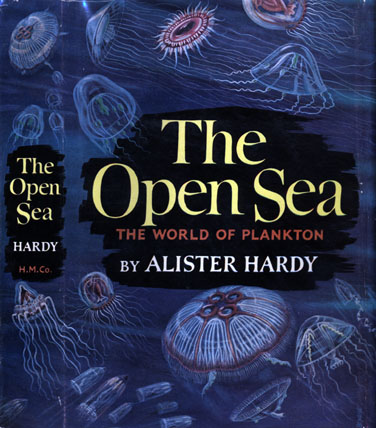Goonies of the Desert
Reprinted from The Condor
Volume 10, page 92, March 1908


Compiled by
Robert 'Roy' J. van de Hoek
Marine Biology Instructor, Long Beach City College
and
Field Biologist & Geographer
Wetlands Action Network & Sierra Club
Joseph Grinnell is absolutely incredible as a vetebrate biologist, ornithologist, and naturalist. This brief article reprinted here is just the tip of the iceberg. My research has shown that Joseph Grinnell spent a considerable time at sea. He did studies at Catalina Island in 1899, where he went on a small rowboat along the island shore in pursuit of birds. He went on a longer voyage to explore San Clemente Island, Santa Barbara Island, and San Nicolas Island. He visited two other Channel Islands, Anacapa and Santa Cruz Island. It appears that there were only two Channel Islands that he did not visit: San Miguel and Santa Rosa Island. Further research may show that he visited those islands as well. I estimate that he spent about 30 days at sea on boats during his puruit of biological studies on birds, mammals, reptiles, and amphibians.
"Goonies of the Desert. -- Those of us who have undertaken voyages across the the ocean will readily recall the almost constant presence of goonies, or albatrosses, which fly along in the wake of the boat closely scrutinizing the sea surface for any sort of refuse that may serve them as food. In crossing the deserts of New Mexico, Arizona, and southern California recently, I noticed a similar habit on the part of the ravens. As I sat on the observation platform at the rear of the train, I repeatedly saw these goonies of the desert fall in behind the train, following along above the track evidently on the lookout for scraps thrown from the diner. The birds were nearly always in pairs. In case the grade was heavy, as is the climb up to San Gorgonio Pass out of the Salton Sink, the ravens could easily keep up with the train, even when they now and then alighted to investigate something of suspected interest. Elsewhere the birds were easily distanced by the train. We can infer that these scavengers regularly follow the trains back and forth across the desert, securing a substantial addition to their primitive food supply. -- J. Grinnell, Pasadena, California.